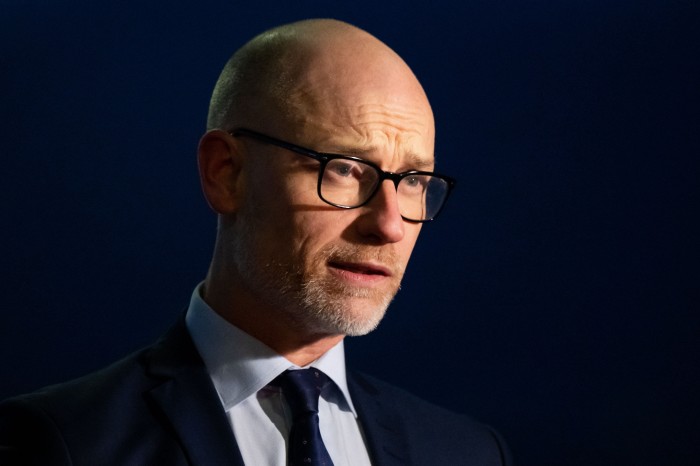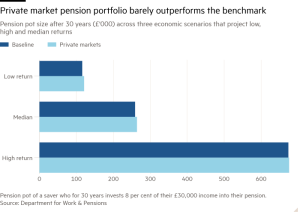Stephen Kinnock to lead UK assisted dying strategy if controversial bill passes

Unlock the Editor’s Digest for free
Roula Khalaf, Editor of the FT, selects her favourite stories in this weekly newsletter.
UK health minister Stephen Kinnock will be in charge of developing the government’s assisted dying strategy if parliament backs a change in the law, after his boss Wes Streeting said he would vote against it.
Streeting is one of four cabinet ministers who have said they will vote against the assisted dying bill on Friday, with the health secretary warning that it would have “resource implications” for the NHS.
However, Streeting insisted he would not resign if the bill becomes law, while allies of Shabana Mahmood, justice secretary, said she would not quit even though she has said that “the state should never offer death as a service”.
Streeting’s allies say the health secretary would immediately go into a “make it work” mindset if MPs vote to give the bill a second reading on Friday, and that he would engage constructively with the legislation.
Kinnock, the minister responsible for palliative care, would be designated as the Department of Health’s lead minister, supported by Streeting, a colleague of the health secretary said.
Kinnock said this month that he would vote for the private member’s bill, promoted by Labour MP Kim Leadbeater, in one of the most momentous and emotionally charged debates seen at Westminster in recent years.
Leadbeater’s bill would give people the opportunity to end their own life only if they were terminally ill with six months or less to live, and would exclude those with disabilities or mental illness.

Last week former prime minister Gordon Brown said he was opposed to the bill, arguing instead for a commission into end of life care. He said the debate was moving too fast in light of the “profound ethical and practical issues” at stake.
Kinnock told ITV News: “Evidence shows that often countries and places that go with assisted dying actually see improvements in palliative care coming from that.”
Downing Street confirmed on Monday that all ministers would be expected to respect the result of Friday’s free vote.
Bridget Phillipson, education secretary, and Jonathan Reynolds, business secretary, have also said they will vote against the bill, while seven cabinet members have so far said they will support it.
Government officials say that Sir Keir Starmer was irritated by Streeting’s intervention. The prime minister, who has previously said he supports assisted dying, has said he did not want to “put pressure” on MPs by announcing how he would vote.
A spokesman for Starmer hinted that the government would carry out an impact assessment if the bill passes its second reading — the point at which MPs express their view on the principle of the legislation.
He said there would be no such impact assessment before Friday’s vote. But he added: “We have said that if the bill progresses, it would not be unusual for the government to assess its impact.” The legislation would undergo further scrutiny in the House of Commons and House of Lords.
The result of the vote is seen as hard to forecast, given that most MPs have not publicly declared whether they will support the measure.
How such a law would work in practice poses substantial questions for the NHS, as a publicly funded healthcare system under enormous strain, as well as for the court system, because judges are supposed to sign off each individual case.
Streeting told journalists this month that he had commissioned a review of the costs of providing assisted dying services on the NHS, warning that any change in the law would involve “choices and trade-offs”.
Doctors unions are calling for assisted dying services to be organised separately from normal NHS care.
#Stephen #Kinnock #lead #assisted #dying #strategy #controversial #bill #passes





